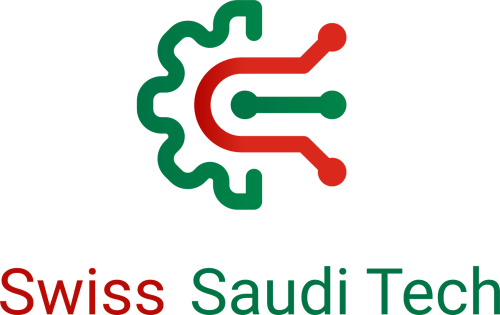Exploring the Integration of Smart Home Technologies in KSA’s Development Goals
Introduction to Smart Home Technology in Vision 2030
The ambitious Vision 2030 initiative by Saudi Arabia is not only a roadmap for economic diversification but also a blueprint for technological and sustainable development. Central to this vision are smart homes, equipped with the latest in IoT and AI technologies, which aim to enhance the quality of life while promoting energy efficiency and environmental responsibility. These smart homes are designed to integrate seamlessly with the needs of Saudi citizens, offering enhanced connectivity, security, and efficiency, thus aligning with the national agenda to foster a progressive and high-tech society.
The Role of Smart Homes in Enhancing Energy Efficiency
One of the pivotal elements of Vision 2030 is sustainability, particularly in the efficient use of energy. Smart homes in Saudi Arabia contribute significantly to this goal through advanced automation and energy management systems. These systems utilize AI to optimize power consumption and reduce waste, employing sensors and smart meters to monitor energy usage in real time. Not only does this technology support Saudi Arabia’s environmental goals, but it also helps homeowners save on utility costs, thereby combining economic savings with ecological benefits.
Improving Quality of Life with Advanced Home Automation
Beyond energy efficiency, smart home technology in KSA is set to revolutionize everyday living by providing enhanced comfort and convenience. Automated lighting, security systems, and climate control are all facets of the smart home that ensure inhabitants can enjoy a safer, more comfortable, and more convenient lifestyle. Furthermore, the integration of these technologies supports the government’s initiative to develop smart cities throughout the kingdom, aiming to create an interconnected urban environment that embodies the future of living.
Smart Homes as a Catalyst for Economic Growth
Investing in smart home technology is not only a step towards modernization but also a significant economic driver for Saudi Arabia. The development of smart homes is expected to stimulate various sectors within the economy, including construction, technology, and services, thereby creating job opportunities and fostering a skilled workforce. This aligns with Vision 2030’s objective to reduce unemployment and generate new avenues for income among the Saudi population.
Blockchain Technology in Securing Smart Home Transactions
Security remains a top priority in the adoption of smart home technologies. To address this, Saudi Arabia is pioneering the use of blockchain technology to secure IoT transactions within smart homes. This application ensures that all transactions are recorded on a secure, immutable ledger, significantly reducing the risk of cyber threats and enhancing the trust in smart home devices. This proactive approach not only protects consumers but also solidifies the country’s reputation as a leader in secure technological advancements.
Challenges and Opportunities in the Adoption of Smart Homes
While the integration of smart homes into Saudi society is a promising development, it also presents challenges such as high costs of implementation and the need for widespread digital literacy. However, these challenges are met with robust governmental support and initiatives aimed at educating the populace and subsidizing smart home technologies. These efforts ensure that the benefits of smart living are accessible to a broad segment of the population, thereby supporting inclusive growth and technological empowerment across the kingdom.
#Vision2030, #SmartHomes, #SustainableDevelopment, #SaudiArabia, #TechInnovation, #EnergyEfficiency, #IoT, #AI, #SmartCities, #Blockchain











